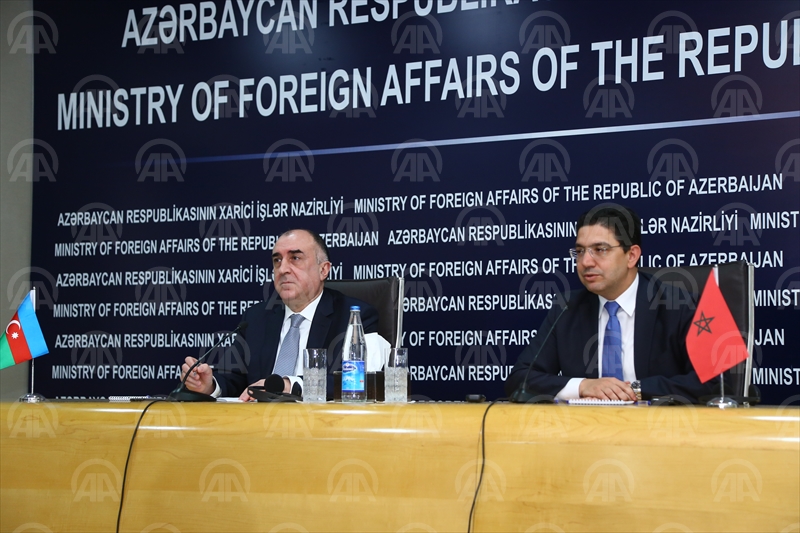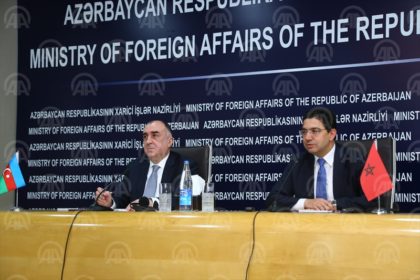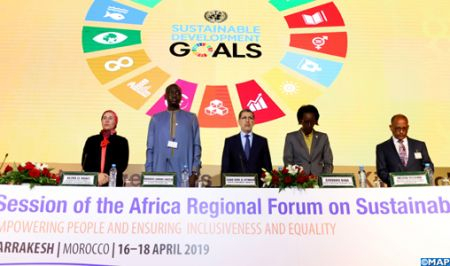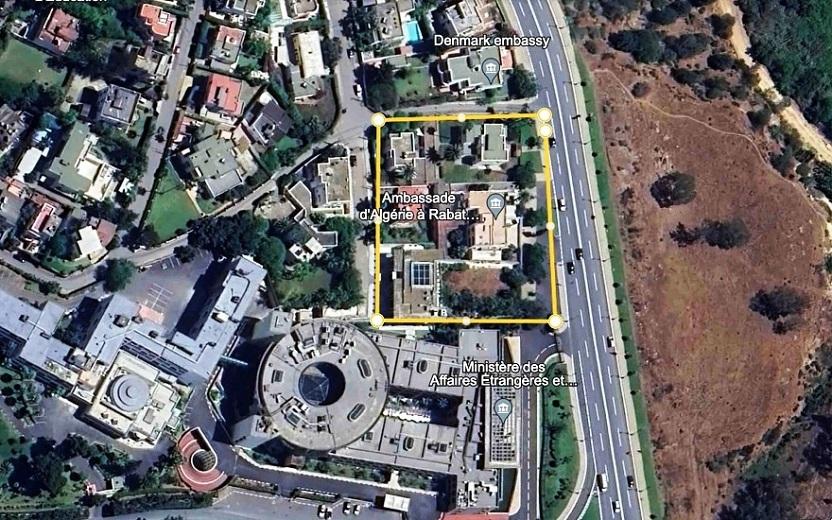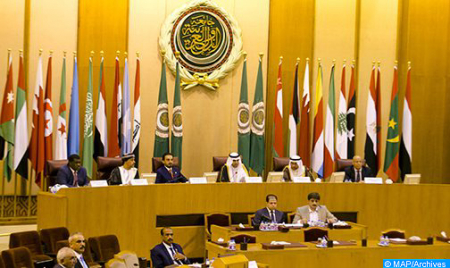Morocco and Azerbaïdjan reiterated their firm stands against separatism as they both continue to struggle against separatist militias funded and armed by neighboring countries.
The two countries have fought separatist militias operating outside international legality for decades. Morocco managed to neutralize the Algeria-based Polisario separatist front, after the UN brokered 1991 ceasefire agreement, while Azerbaïdjan claims a quarter of its territory is under the occupation of the self-proclaimed Nagorno Karabakh state.
As Morocco and Azerbaijan continue to urge a negotiated solution under their national sovereignty, the two countries have joined efforts in their battle against separatism.
The final statement signed Monday (March 5) during the visit to Bakou by Morocco’s Foreign Minister, Nasser Bourita, comprises an outspoken support for Morocco’s autonomy initiative as a lasting solution to the Sahara issue.
Morocco, for its part, has expressed its outspoken support for Azerbaïdjan’s territorial integrity in the face of the aggression and non-compliance of separatists with UN resolutions.
“We consider it extremely important to observe the principle of territorial integrity and we support the efforts of fraternal Azerbaïdjan for a peaceful resolution of the Nagorno-Karabakh conflict,” Bourita told the press in Baku at a joint news conference with his Azerbaijani peer Elmar Mammadyarov.
The conflict between the two South Caucasus countries began in 1988 when Armenia made territorial claims against Azerbaïdjan. As a result of the ensuing war, in 1992 Armenian armed forces occupied 20 percent of Azerbaïdjan, including the Nagorno-Karabakh region and seven surrounding districts.
The 1994 ceasefire agreement was followed by peace negotiations. Armenia has not yet implemented four UN Security Council resolutions on withdrawal of its armed forces from Nagorno-Karabakh and the surrounding districts.
The visit by Bourita was also an occasion to discuss a set of issues of mutual concern, notably economic cooperation and sharing expertise on the advocacy of moderate Islam.
At the press conference, Bourita said that both countries have extensive experience in the development of modern Islam, the fight against terrorism and Islamophobia.
